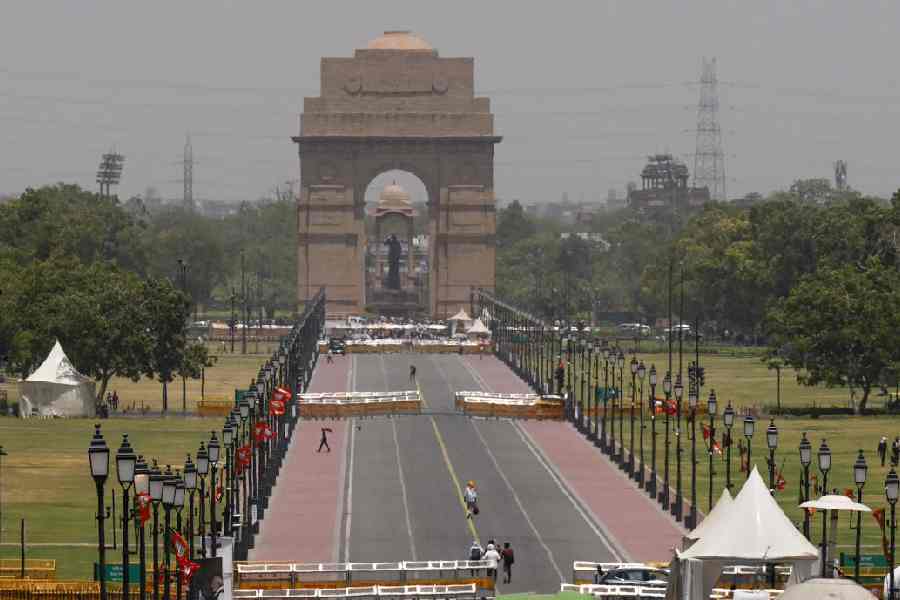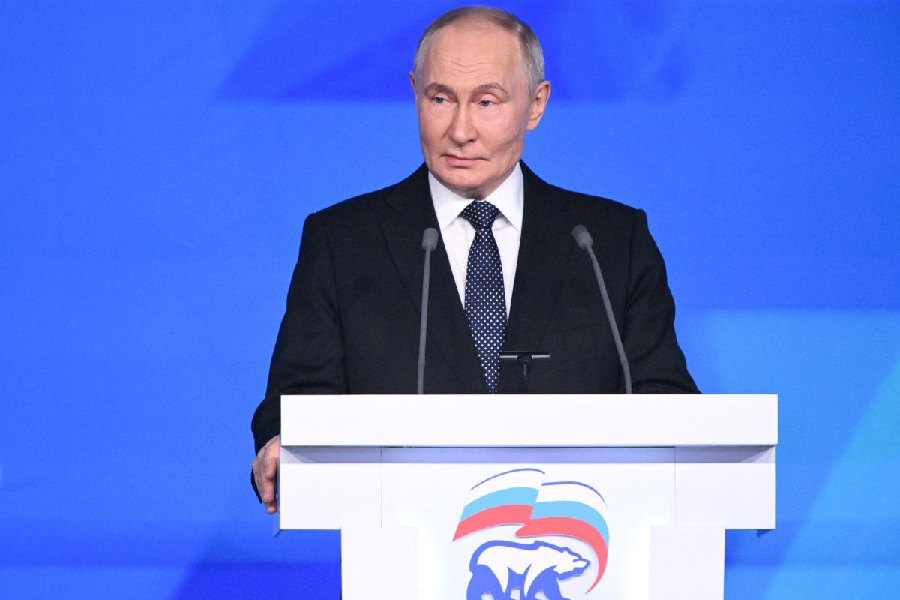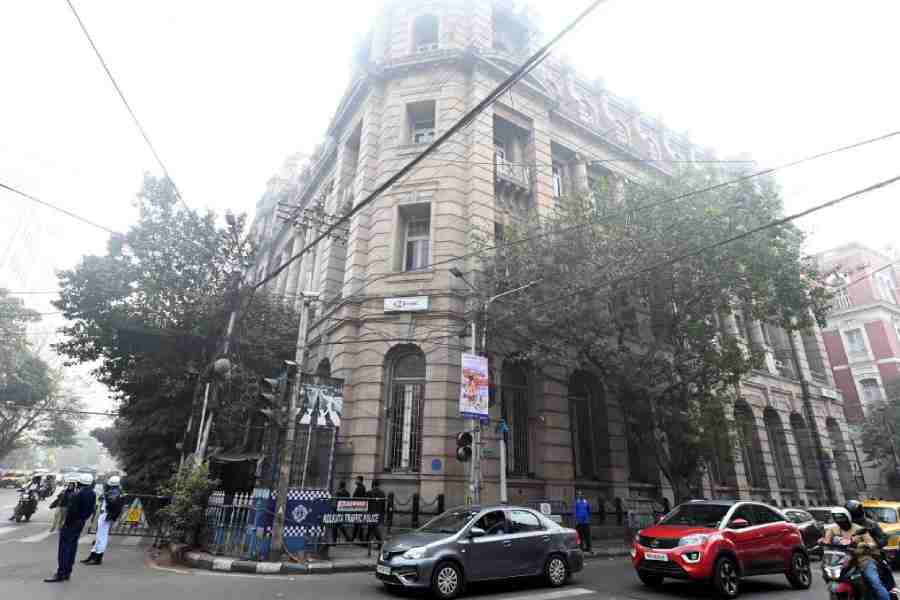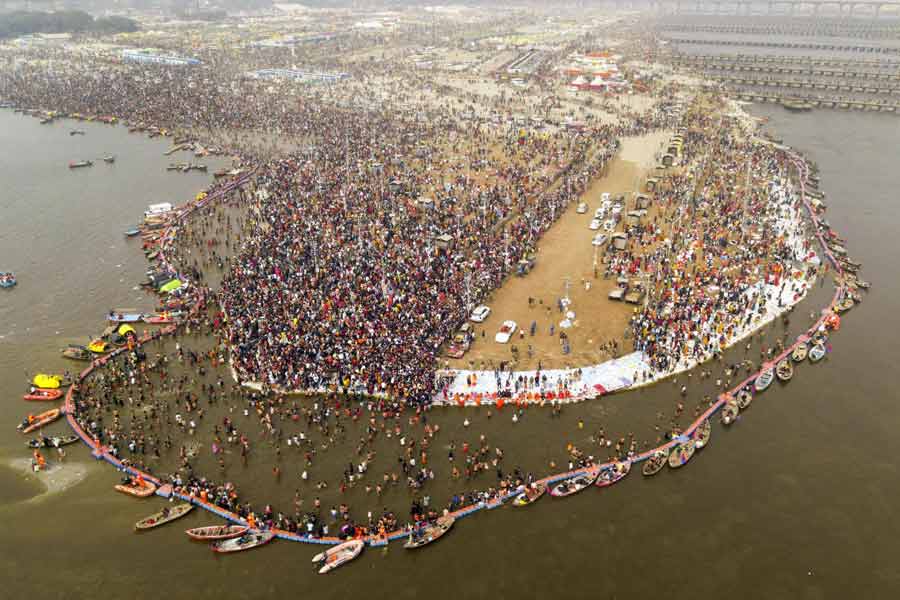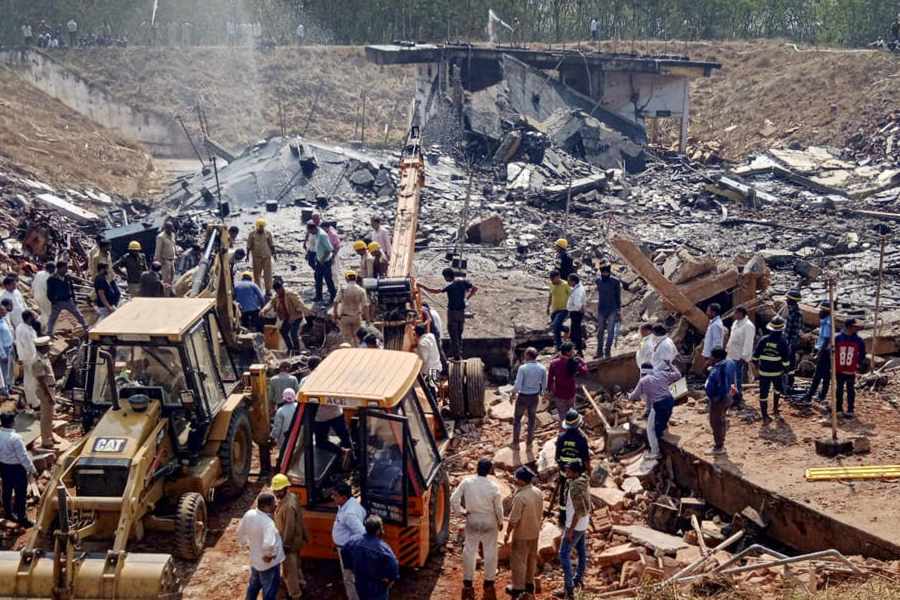Climate change is causing a significant reduction in snowfall in the Himalayas and accelerating glacier melt, which will have wide-reaching consequences for cities such as Delhi that are already facing a water crisis, an Uttarakhand legislator warned on Tuesday.
At a press conference in New Delhi, the BJP's Tehri MLA Kishore Upadhyay cited studies predicting that the Himalayas could be devoid of snow in the next two to three decades.
He also said climate change-induced rapid glacier melt is affecting the strength and pattern of the Indian monsoon.
Upadhyay has launched the Global Himalayan Organisation to raise awareness about the critical state of the mountain range.
Avinash Mishra, former adviser to NITI Aayog and a member of the initiative, cited a report by the Indian Space Research Organisation and said more than 27 per cent of the identified glacial lakes in the Himalayas, 130 of which are located in India, have significantly expanded since 1984.
"The burning of fossil fuels is accelerating glacier melt and the expansion of glacial lakes, increasing the risk of glacial lake outburst floods. The rise in forest fires is further warming the Himalayas," Mishra said.
He added that reduced snowfall in the Himalayas will have a severe impact on industries along the rivers originating from the mountains and on agriculture.
Mishra warned that the climate change-driven glacier melt will affect not only the Himalayas but also cities such as Delhi. "Even the president's house will not be safe." "The rapid melting of glaciers and reduced river flow due to declining snowfall will have a wide and far-reaching impact, not only on Himalayan villages and cities but also on urban areas such as Delhi," BJP MLA Upadhyay said.
He also blamed deforestation in the plains for contributing to warming in the hills and the subsequent glacier melt.
"In the past, the mountains would get six to seven feet of snowfall. Now, it has declined to just one to two feet. I am not blaming anyone but one reason for this is the large-scale deforestation and concretisation in the lower latitudes," Upadhyay said.
He said a major solution to this problem lay in protecting the Himalayan forests and ecosystems, which serve as a crucial carbon sink.
Except for the headline, this story has not been edited by The Telegraph Online staff and has been published from a syndicated feed.

